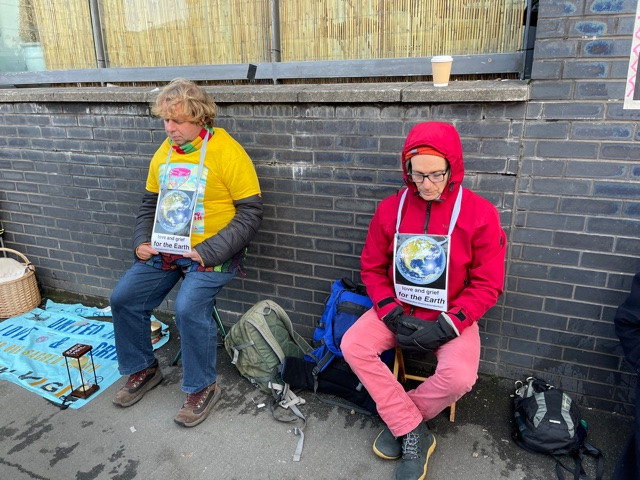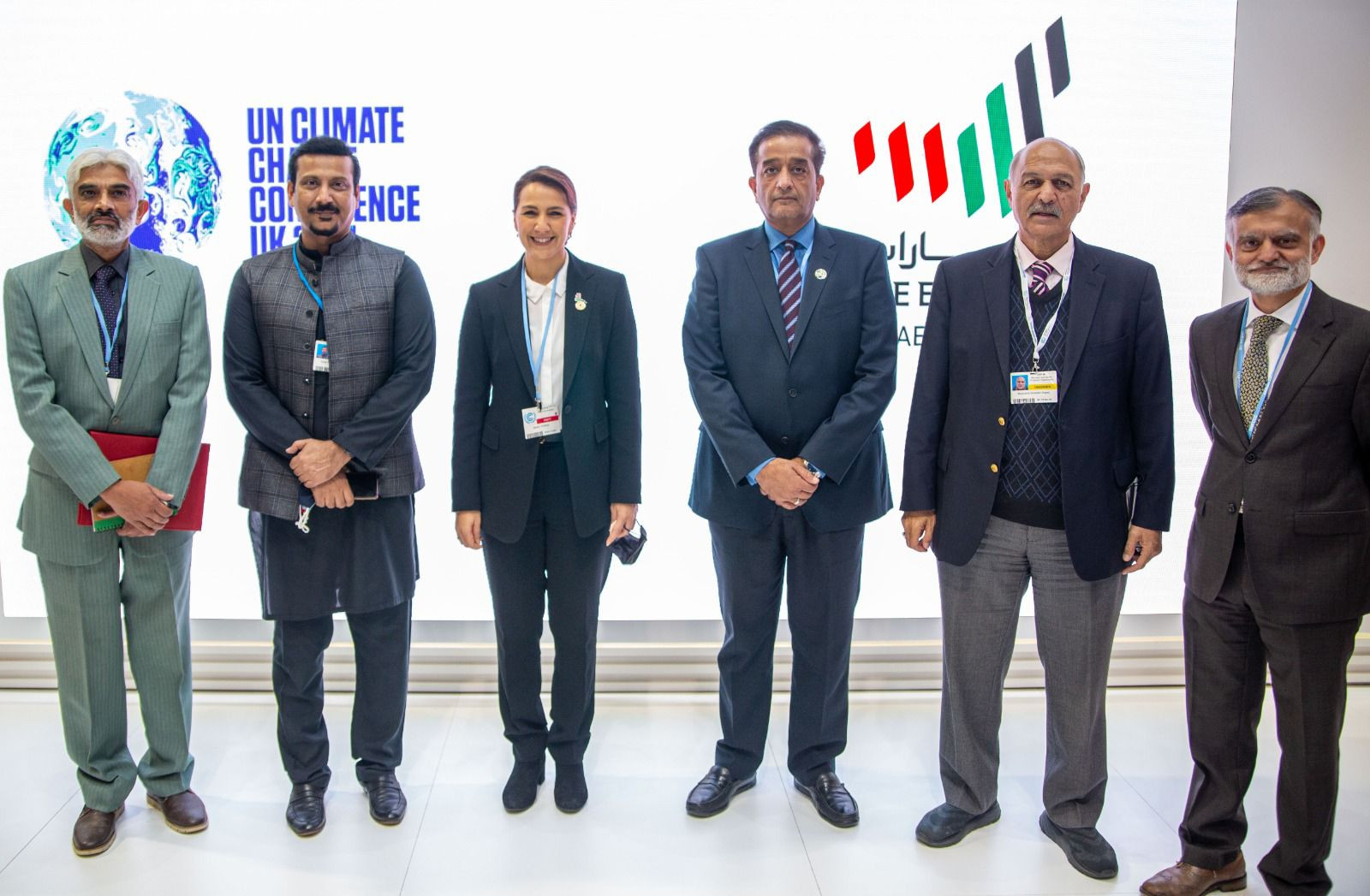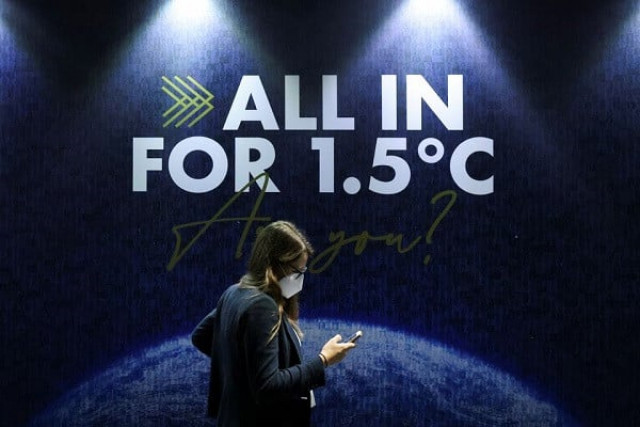After the UN Climate Change Conference 2021 was extended by a full 24 hours, the weary negotiators remaining at the COP26 venue in Glasgow finally agreed to the “meek and weak text” which kept the 1.5C goal only just alive. At the eleventh hour, India intervened to water down the language even further by insisting that coal “phase out” be changed to “phase down” in the final Glasgow Climate Pact.
Other developing countries protested and a visibly disturbed Alok Sharma, the UK appointed COP26 President, frantically tried to convince India otherwise as this was the COP that was supposed to consign coal (the dirtiest fossil fuel) to history. However, in order to prevent the global deal from ending in dismal failure the weaker text was finally adopted by negotiators from nearly 200 countries present at the final plenary. The UK Prime Minister Boris Johnson put on a positive spin, saying despite the weaker language, “The conference marked the beginning of the end for coal. For the first time ever, the conference published a mandate to cut the use of coal power.”
In the end whether the Glasgow Climate Pact was a resounding failure or incremental progress towards the 1.5C goal really depends on which perspective you are viewing it from. “The multilateral process is very slow and painful but it is a consensual process and there is no other alternative,” said Daniela Chiaretti an environment correspondent from Brazil who has been covering all the COPs since the Copenhagen Summit back in 2009. “It takes time to deliver and this was a very interesting COP with the active involvement of the private sector (which is also keen on finding solutions to the climate crisis)”. However, for Farhana Yamin, a climate lawyer and activist and Adviser to the Climate Vulnerable Forum, “COP26 failed to halt runaway climate change and failed to provide financial support for vulnerable countries including Pakistan which is already experiencing devastation. It’s a sad day for multilaterism”.

Dejected protestestors outside the COP26 venue.
There had been low expectations from the start of the conference with many delegates privately saying it would not be possible to get countries, still reeling from the economic downturn wrought by the pandemic, to agree to the 45% cuts in carbon emissions by 2030 that scientists say is needed to cap global temperature rises at 1.5C above pre-industrial levels. Scientists say beyond the 1.5C guardrail the impacts of the climate crisis, such as heatwaves, floods, droughts and sea level rise, are likely to become catastrophic and irreversible.
By Saturday most of the delegates other than the hardcore negotiating teams had already left Glasgow leaving the hallways at the Scottish Exhibition Centre empty. Just reaching the venue required daily testing for COVID, standing in long queues in the cold outside (except for the last few days) and enduring the bad and expensive food served at the conference.
Most events like the Barack Obama event where the former US President spoke were closed off to most delegates anyhow due to COVID restrictions and wearing masks inside was mandatory (there were constant rumors of delegates getting COVID and quietly withdrawing from the conference). Energy levels were low inside the “Blue Zone” as the main area was called and the busiest halls were actually the country pavilions where many events were held. The Pakistan pavilion was extremely busy with dozens of side events and the delegation headed by the Special Assistant to the PM, Malik Amin Aslam, held many successful bi-lateral meetings in the side rooms of the pavilion.
The “Green Zone” which was open to the public was at a different venue from the “Blue Zone” and hosted many interesting exhibits on the latest electric cars and trucks and wind farms and solar energy. According to Amin Aslam, “The silver linings of this process are not found in this room but on the sidelines – the Green Zone - where the private sector initiatives are gaining ground” and the technologies are becoming available and affordable. He said that “Pakistan is actively engaged with all this “out of the box” thinking and this is really what gives hope that the new world - a decarbonized and nature positive world is possible”.
Pakistan, along with many other countries, had submitted an ambitious updated Nationally Determined Contributions document to the United Nations Framework Convention on Climate Change (UNFCCC) just before arriving in Glasgow. NDCs are volunteer commitments by countries to cut their emissions this century and are considered the building blocks of the Paris Agreement. However, an analysis presented at Glasgow by the Climate Analytics team pointed out that all the national plans on emissions set out at the conference would take the world to about 2.4C of global warming which is way beyond the safe limit. At Glasgow in the final hours, nations agreed to return next year to revise their national targets in line with the 1.5C goal, which was regarded by most countries as a good outcome.

Members of the Pakistani delegation with UAE environment minister.
The poorest countries of the world, however, left Glasgow crushed that they did not get an agreement on Loss and Damage (compensation for poor countries reeling from the impacts of climate change, which they did not cause). Bangladeshi climate expert Saleemul Haq, another COP veteran, said vulnerable developing countries were left deeply frustrated after the Glasgow Loss and Damage Facility that negotiators had been working on during the 2 weeks long conference, was deleted from the final text. He tweeted “COP26 Presidency betrayed the vulnerables when pushed by the US!”. Rich countries are scared of getting into Loss and Damage as they fear that they will end up paying a lot of money to poor countries for damages caused by climate change.
“COP26 is over, blah, blah, blah… we will never give up” said Greta Thurnberg, the young climate activist who inspires the youth with her Fridays for Future movement and who electrified the Madrid COP held in 2019. At this COP she was surprisingly missing from the halls after a brief appearance at the start of the conference. “I think she’s older now and her statements have become much more radical… she no longer holds much hope from the UNFCCC process. I think personally the UK COP Presidency did not want to give her too much of a platform at COP26” said a British journalist who wished to remain unnamed. Instead, Thurnberg led the marches outside the conference, particularly the two huge climate marches that took place in Glasgow over the weekend drawing thousands of protestors.
According to the well known British columnist George Monbiot who covered COP26, “Fridays for Future came close, the researchers suggest, to pushing the European political system into a “critical state”. It was interrupted by the pandemic, and the tipping has not yet happened. But witnessing the power, the organisation and the fury of the movements gathered in Glasgow, I suspect the momentum is building again”. He has called COP26 an utter failure and says hope for the future lies elsewhere. “If we can simultaneously trigger a cascading regime shift in both technology and politics, we might stand a chance. It sounds like a wild hope. But we have no choice. Our survival depends on raising the scale of civil disobedience until we build the greatest mass movement in history, mobilising the 25% who can flip the system. We do not consent to the destruction of life on Earth”.
Photos courtesy of Rina Saeed Khan.



COMMENTS
Comments are moderated and generally will be posted if they are on-topic and not abusive.
For more information, please see our Comments FAQ